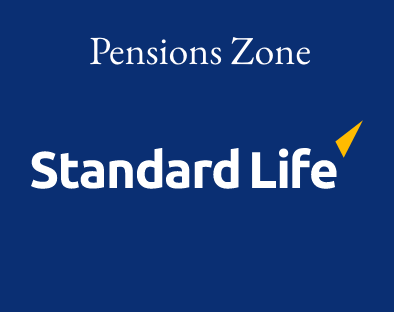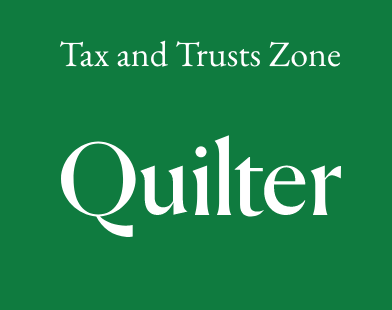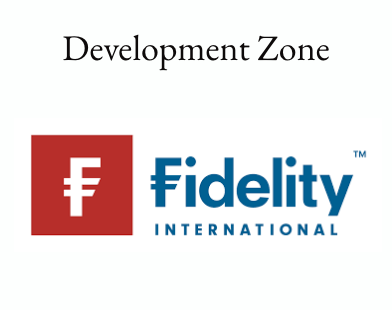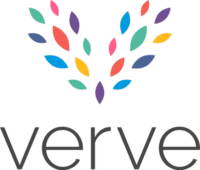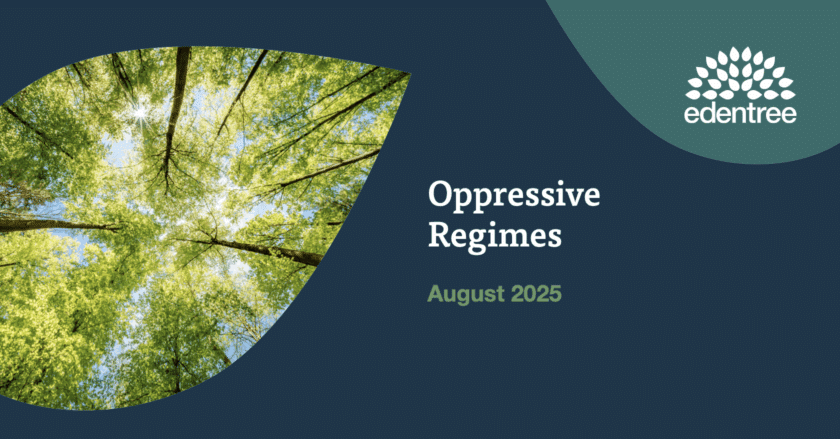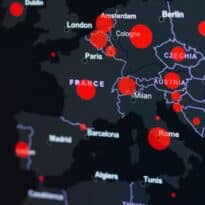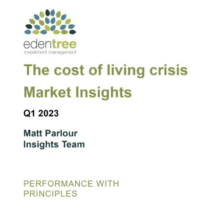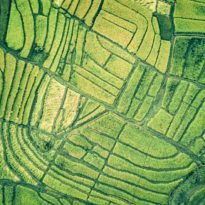EdenTree has published white paper on its approach to Oppressive Regimes – one of the negative screens applied across the EdenTree range of funds.
This details both the methodology behind the asset manager’s Oppressive Regimes classification and the instances in which the negative screen would be triggered.
In a briefing on the white paper, Carlota Esguevillas, Senior Sustainable Investment Analyst, , says: “Our concern over Oppressive Regimes is intrinsically linked to human rights. From a human rights perspective, below are some of the characteristics that are likely to be prevalent in countries on our Oppressive Regimes list:
- Authoritarian (single-party, tribal or monarchic government) or totalitarian (military or civilian dictatorship)
- Absence of the rule of law; arbitrary detention; disappearances; or extra-judicial executions
- Persecutions of sections of society, possibly including ‘ethnic cleansing’; genocide; persecution of religious and ethnic minorities
- Torture used as part of the judicial or extra-judicial process
- Suppression of civil society institutions
- Restrictions on freedom of expression; persecution of human rights advocates or trade unions
- Restrictions on freedom of movement; forced deportation
- Restrictions on media, including censorship, surveillance and persecution
- State-sanctioned slave or bonded labour; systemic child labour
- State-sponsored persecution or discrimination of women and girls by virtue of gender (e.g. FGM)
“Human rights risks are, therefore, more acute for companies operating in – or with exposure to – countries with Oppressive Regimes. Identification of these countries helps us decide how exposed a company may be to potential human rights abuses and how complicit it may be in any abuses.”
The white paper details how EdenTree constructs its Oppressive Regimes list and how companies trading with the countries in question are affected.
Esguevillas says: “If a company simply operates in these countries, either directly or indirectly, this is not sufficient to trigger the screen. Indeed, we acknowledge that business can sometimes be a ‘force for good’ in these countries, introducing better labour standards and applying international human rights norms where they may otherwise be lacking.
“Our Oppressive Regimes screen only captures a very specific set of corporate activities, where that activity overlaps with government policies and practices and can lead to human rights violations.”
Activities captured under the Oppressive Regimes negative screen are:
• Bonds issued by the government of any country identified as having an Oppressive Regime
• Operating in a country where UN sanctions are in place against the regime
• Activities within disputed territories4 that support or legitimise the government of the occupying country and may lead to complicity in violating human rights
• Continuing operational involvement in projects in countries with Oppressive Regimes that have been shown to have led to egregious violation of human rights
• State-owned enterprises of a government of any country identified as having an Oppressive Regime
• Sale of arms or arms-related products to a government/military of any country identified as having an Oppressive Regime (cf. ‘Defence’ negative screen)
• Direct complicity in a government’s ability to carry out the death penalty (not limited to Oppressive Regimes list)
• Activities – direct or in supply chains – in any country identified as having an Oppressive Regime, with state-sponsored child or slave labour, where mitigation is effectively impossible
“On a case-by-case basis, we will apply these criteria to stock screenings and reviews,” Esguevillas says.
The white paper can be downloaded from the EdenTree website HERE>:






